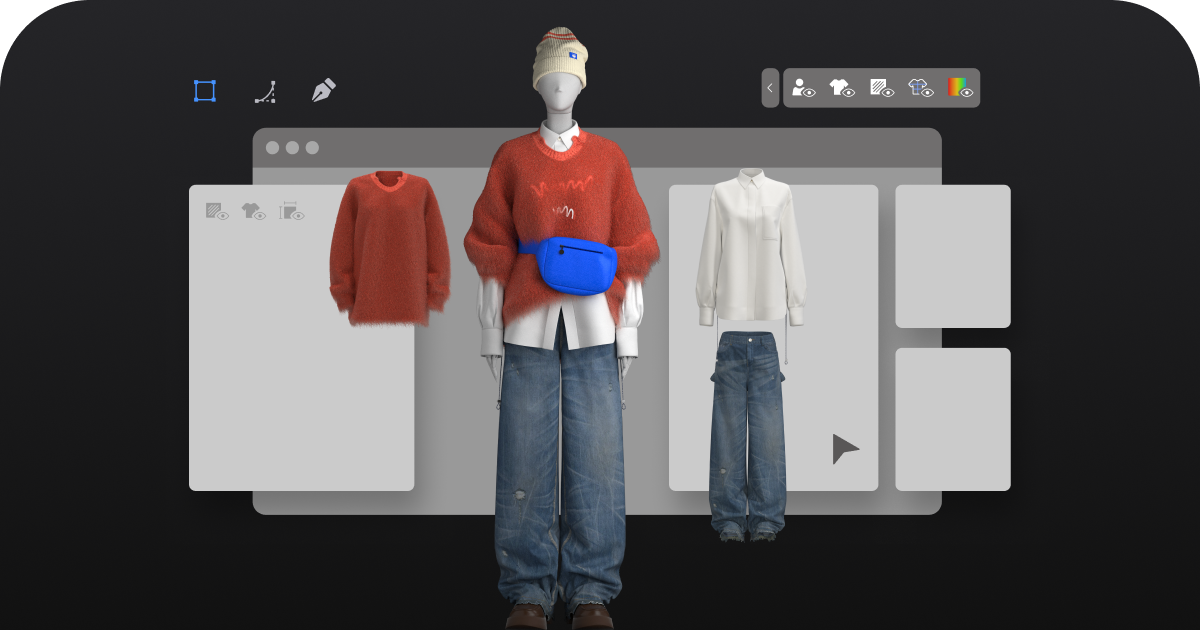The Future of Fashion: How Artificial Intelligence is Revolutionizing the Industry
The fashion industry is undergoing a massive transformation, and at the heart of this change is Artificial Intelligence. From design to production, AI is reshaping how fashion brands operate, making processes faster, more efficient, and incredibly innovative.
AI in Fashion Design
Gone are the days when fashion design was solely reliant on human creativity. Today, Artificial Intelligence tools are enabling designers to create stunning, trend-driven designs in a fraction of the time. AI algorithms analyze vast amounts of data, including past trends, consumer preferences, and even social media activity, to predict what will be popular in the upcoming seasons. This allows designers to stay ahead of the curve and create collections that resonate with their target audience.
Virtual Prototyping with AI
One of the most exciting applications of Artificial Intelligence in fashion is virtual prototyping. Traditional prototyping can be time-consuming and expensive, but AI-powered tools like those offered by Style3D are changing the game. These tools allow designers to create and test virtual garments, making adjustments in real-time without the need for physical samples. This not only speeds up the design process but also reduces waste, making it a more sustainable option.
Personalized Shopping Experiences
AI is also revolutionizing the way consumers shop for fashion. With the help of Artificial Intelligence, brands can offer personalized shopping experiences that cater to individual preferences. AI algorithms analyze a customer’s browsing history, purchase behavior, and even body measurements to recommend products that are most likely to appeal to them. This level of personalization not only enhances the shopping experience but also increases customer satisfaction and loyalty.
Supply Chain Optimization
Another area where Artificial Intelligence is making a significant impact is in supply chain management. AI-powered systems can predict demand, optimize inventory levels, and even identify potential disruptions before they occur. This allows fashion brands to operate more efficiently, reduce costs, and ensure that products are delivered to customers on time.
Conclusion
The integration of Artificial Intelligence into the fashion industry is not just a trend; it’s a fundamental shift that is here to stay. From design to production to retail, AI is enabling brands to innovate, streamline operations, and deliver exceptional experiences to their customers. As technology continues to evolve, the possibilities for AI in fashion are endless, and the industry is poised for even more exciting advancements in the years to come.
Keyword: 3d clothing creator

